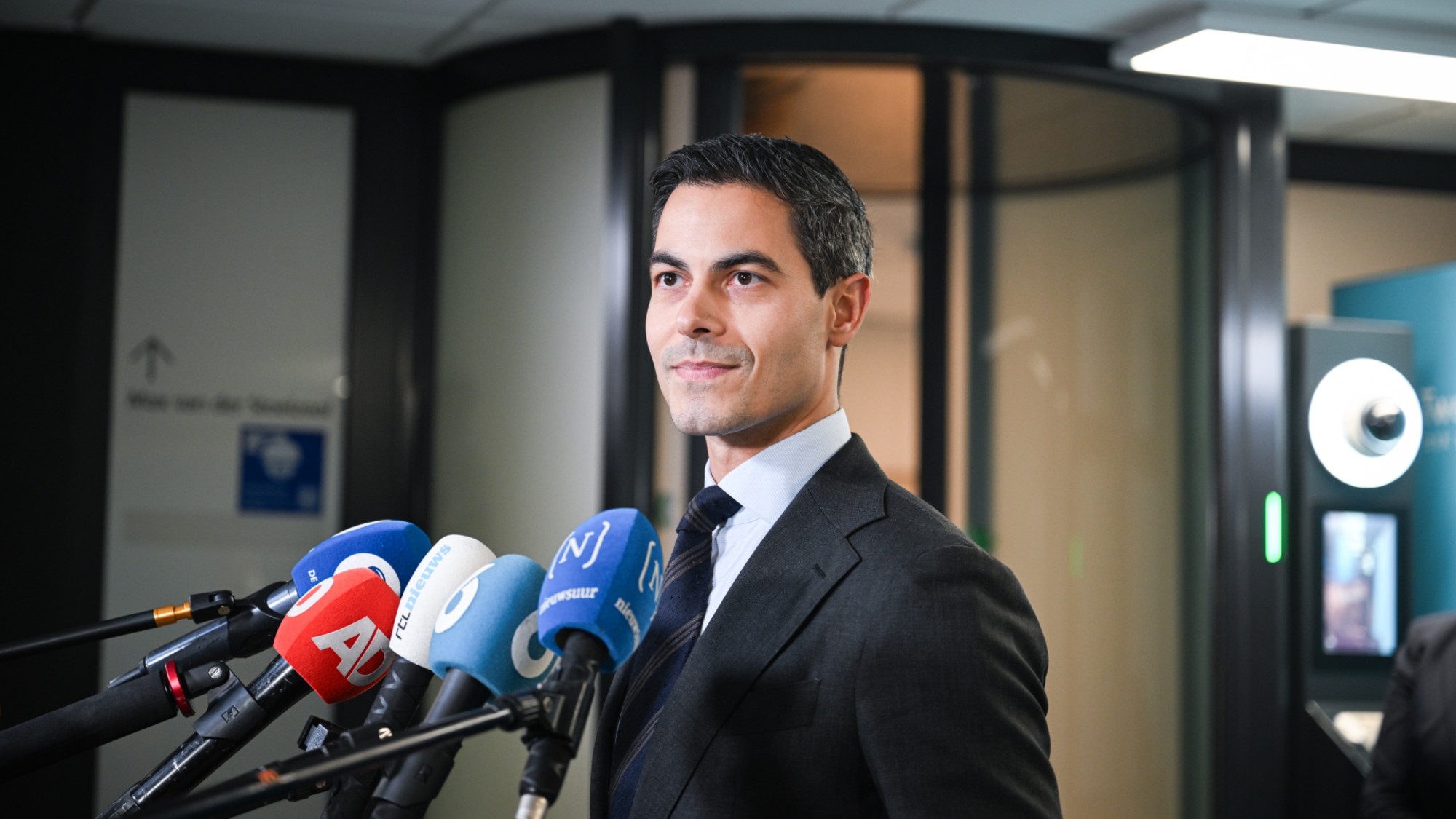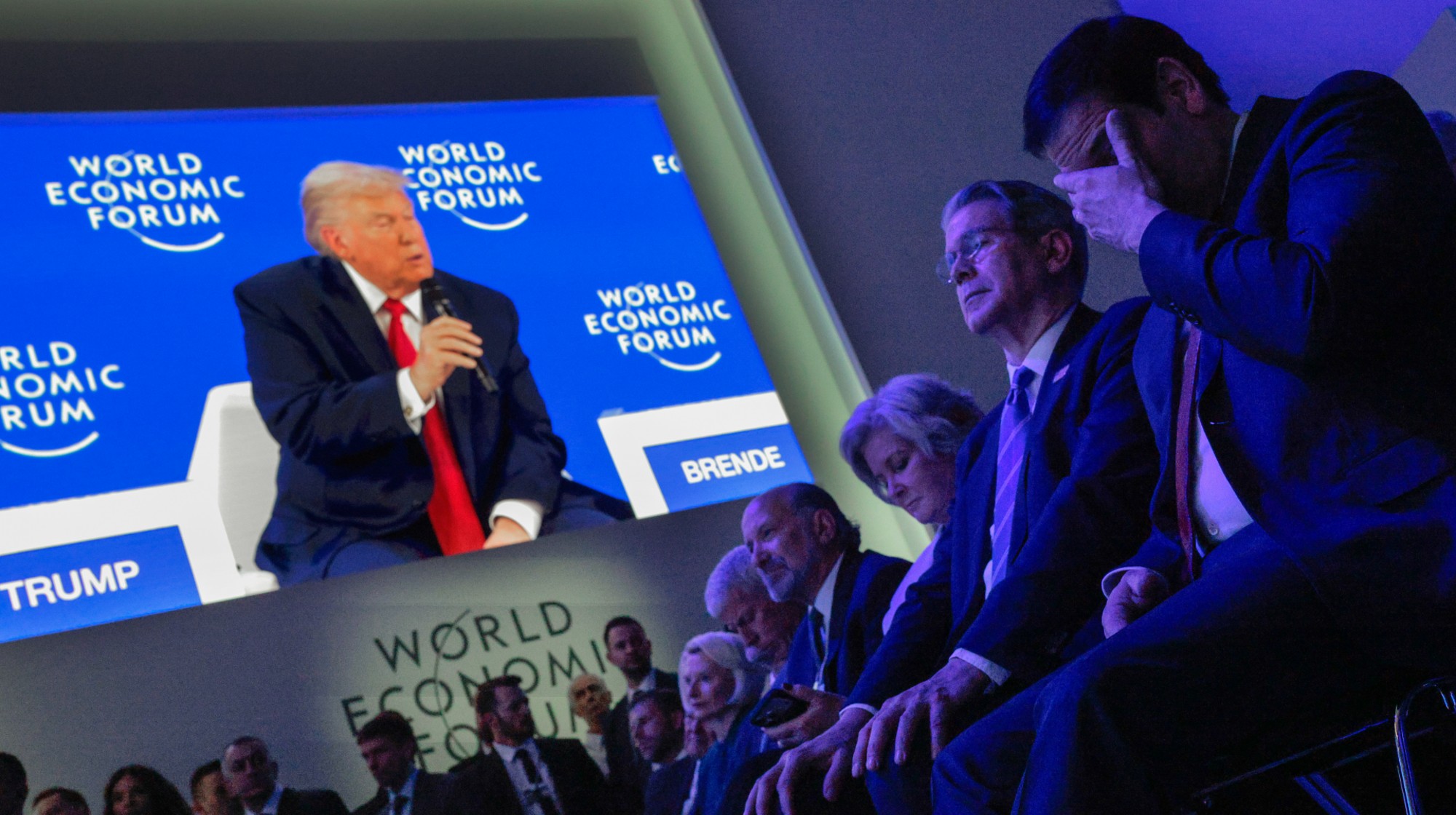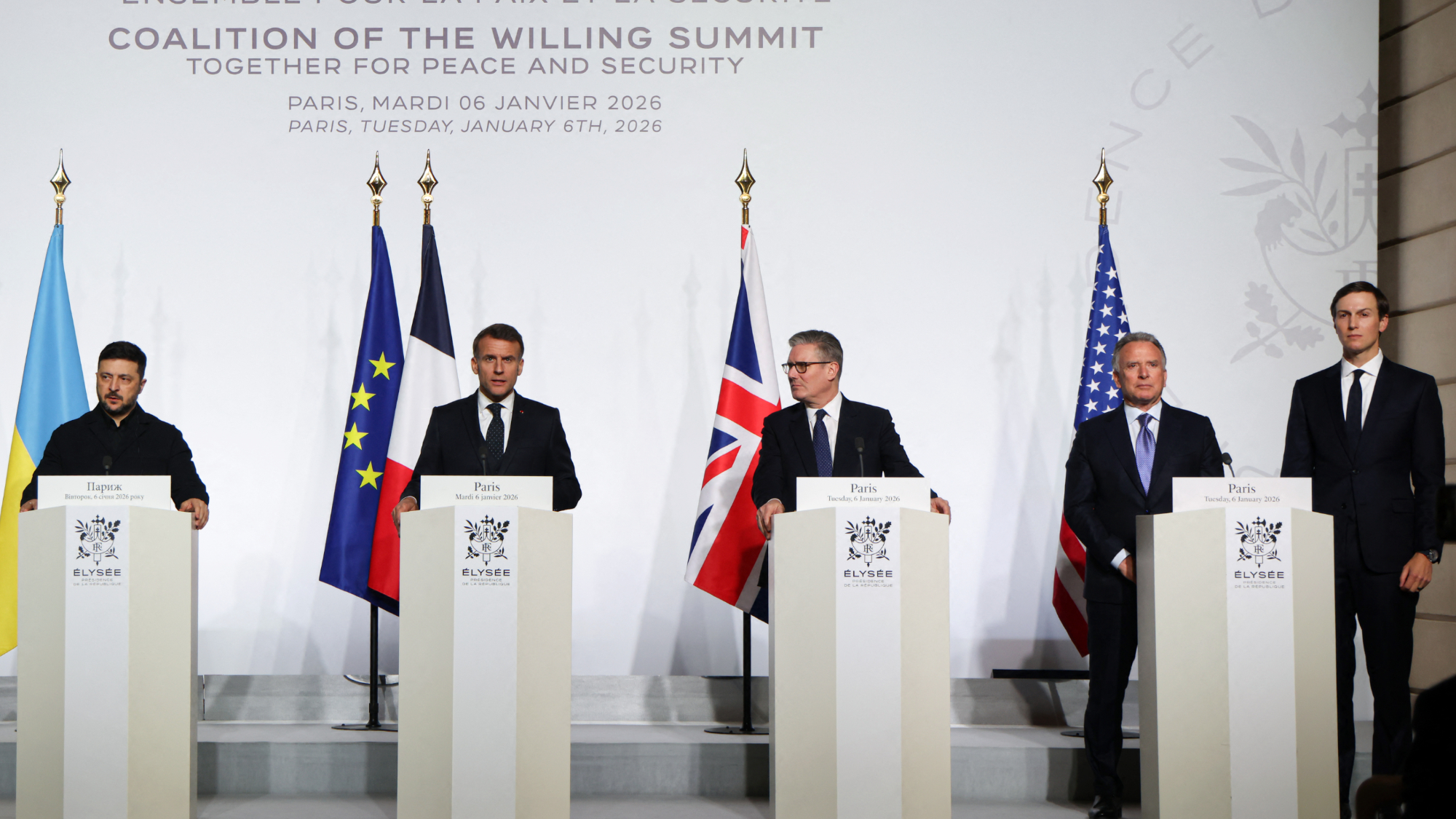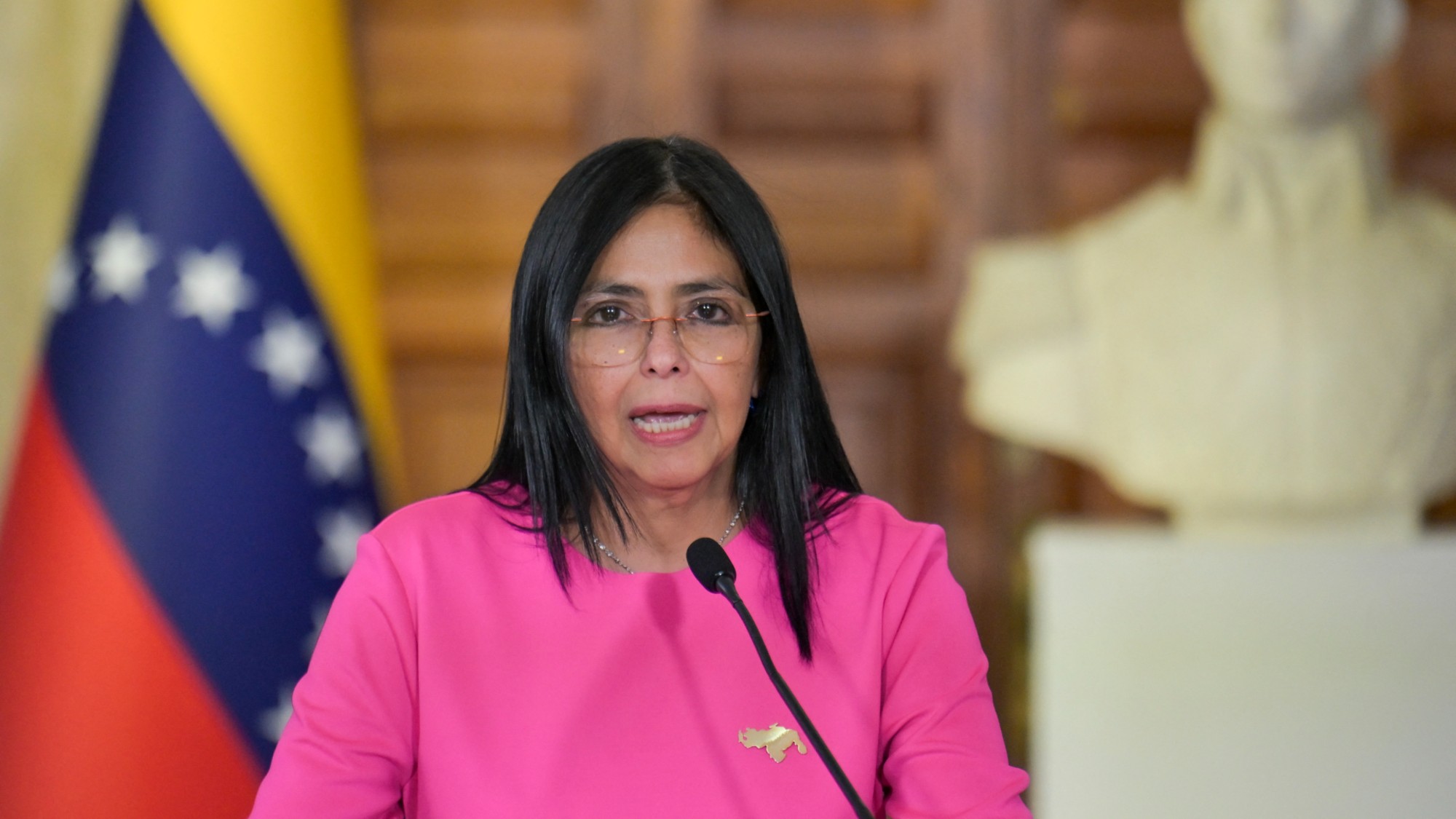Rob Jetten: the centrist millennial set to be the Netherlands’ next prime minister
Jetten will also be the country’s first gay leader


A free daily email with the biggest news stories of the day – and the best features from TheWeek.com
You are now subscribed
Your newsletter sign-up was successful
The next leader of the Netherlands will break barriers in several ways. Rob Jetten, the head of the center-left Democrats 66 Party, is virtually certain to become the country’s next prime minister after his party won one of the closest elections in Dutch history. The Netherlands’ youngest and first openly gay prime minister will look to carry D66’s electoral victory toward setting a new political agenda. But the razor-thin election margins mean this could be an uphill battle.
A young politician
Jetten, 38, was born in the Dutch town of Veghel in the country’s south. He obtained a bachelor’s and a master’s degree in public administration at the Netherlands’ Radboud University. He first became interested in politics after a “Turkish primary school was set on fire in my hometown,” Jetten said in his profile for the Dutch House of Representatives.
The culprits “ended up being teammates from my football team,” and the “rest of the world cast my village as a hotbed for far-right youths,” Jetten’s profile said. To counter this characterization, Jetten “teamed up with a few peers to prove everyone wrong, organizing various campaigns and speaking before the municipal council.” Jetten “worked as a manager at the ProRail national track network before going into politics,” said The Guardian. He was first elected to the House in 2017 and has held several government positions, including minister for climate and energy policy and first deputy prime minister.
The Week
Escape your echo chamber. Get the facts behind the news, plus analysis from multiple perspectives.

Sign up for The Week's Free Newsletters
From our morning news briefing to a weekly Good News Newsletter, get the best of The Week delivered directly to your inbox.
From our morning news briefing to a weekly Good News Newsletter, get the best of The Week delivered directly to your inbox.
Next prime minister
As the leader of D66, Jetten is expected to become the next prime minister, as D66 defeated the far-right Party for Freedom and its leader, Geert Wilders. The contest was a “nail-biter,” and the difference in the election “came down to postal votes from Dutch citizens living abroad,” said The Associated Press. But the parties will remain neck-and-neck in parliament, as the “28,000 vote advantage for D66 was not enough for the party to pick up an additional legislator.”
Jetten seemingly commanded the race because his “smile and cheerful message resonated with voters, while his rivals sometimes struggled,” said BBC News. He conveyed a “positive message summed up by the slogan Het kan wel,” which roughly translates to former President Barack Obama’s 2008 campaign slogan, “Yes we can.” Jetten “contrasted strongly with Wilders, whom he accused of ‘sowing division.’”
Immigration has been a sticking point of the last few Dutch elections, and to “combat illegal immigration and discourage dangerous migrant journeys, Jetten has proposed asylum applications to the Netherlands be submitted from outside the EU,” said Reuters. His government policy would aim to ensure people who “really are fleeing from war and violence are received in a decent way, learn the language and can participate [in society] and that the rotten apples are pulled out of the system and are deported.”
Jetten has also promoted ways to address the Netherlands’ housing shortage and has “suggested cutting red tape to enable the construction of 100,000 new homes,” said Reuters. But first a government has to be formed. This may not be easy because the “fragmented nature of Dutch politics means no party wins enough seats in the 150-member parliament to form an absolute majority,” said France24. Upcoming talks to form a coalition are “expected to be lengthy and arduous.”
A free daily email with the biggest news stories of the day – and the best features from TheWeek.com
Justin Klawans has worked as a staff writer at The Week since 2022. He began his career covering local news before joining Newsweek as a breaking news reporter, where he wrote about politics, national and global affairs, business, crime, sports, film, television and other news. Justin has also freelanced for outlets including Collider and United Press International.
-
 Political cartoons for February 15
Political cartoons for February 15Cartoons Sunday's political cartoons include political ventriloquism, Europe in the middle, and more
-
 The broken water companies failing England and Wales
The broken water companies failing England and WalesExplainer With rising bills, deteriorating river health and a lack of investment, regulators face an uphill battle to stabilise the industry
-
 A thrilling foodie city in northern Japan
A thrilling foodie city in northern JapanThe Week Recommends The food scene here is ‘unspoilt’ and ‘fun’
-
 Greenland’s capital becomes ground zero for the country’s diplomatic straits
Greenland’s capital becomes ground zero for the country’s diplomatic straitsIN THE SPOTLIGHT A flurry of new consular activity in Nuuk shows how important Greenland has become to Europeans’ anxiety about American imperialism
-
 Grok in the crosshairs as EU launches deepfake porn probe
Grok in the crosshairs as EU launches deepfake porn probeIN THE SPOTLIGHT The European Union has officially begun investigating Elon Musk’s proprietary AI, as regulators zero in on Grok’s porn problem and its impact continent-wide
-
 Panama and Canada are negotiating over a crucial copper mine
Panama and Canada are negotiating over a crucial copper mineIn the Spotlight Panama is set to make a final decision on the mine this summer
-
 Trump backs off Greenland threats, declares ‘deal’
Trump backs off Greenland threats, declares ‘deal’Speed Read Trump and NATO have ‘formed the framework for a future deal,’ the president claimed
-
 Europe moves troops to Greenland as Trump fixates
Europe moves troops to Greenland as Trump fixatesSpeed Read Foreign ministers of Greenland and Denmark met at the White House yesterday
-
 Trump’s Greenland threats overshadow Ukraine talks
Trump’s Greenland threats overshadow Ukraine talksSpeed Read The Danish prime minister said Trump’s threats should be taken seriously
-
 Delcy Rodríguez: Maduro’s second in command now running Venezuela
Delcy Rodríguez: Maduro’s second in command now running VenezuelaIn the Spotlight Rodríguez has held positions of power throughout the country
-
 What will happen in 2026? Predictions and events
What will happen in 2026? Predictions and eventsIn Depth The new year could bring peace in Ukraine or war in Venezuela, as Donald Trump prepares to host a highly politicised World Cup and Nasa returns to the Moon
